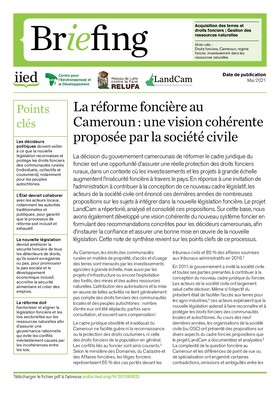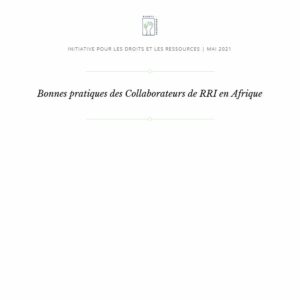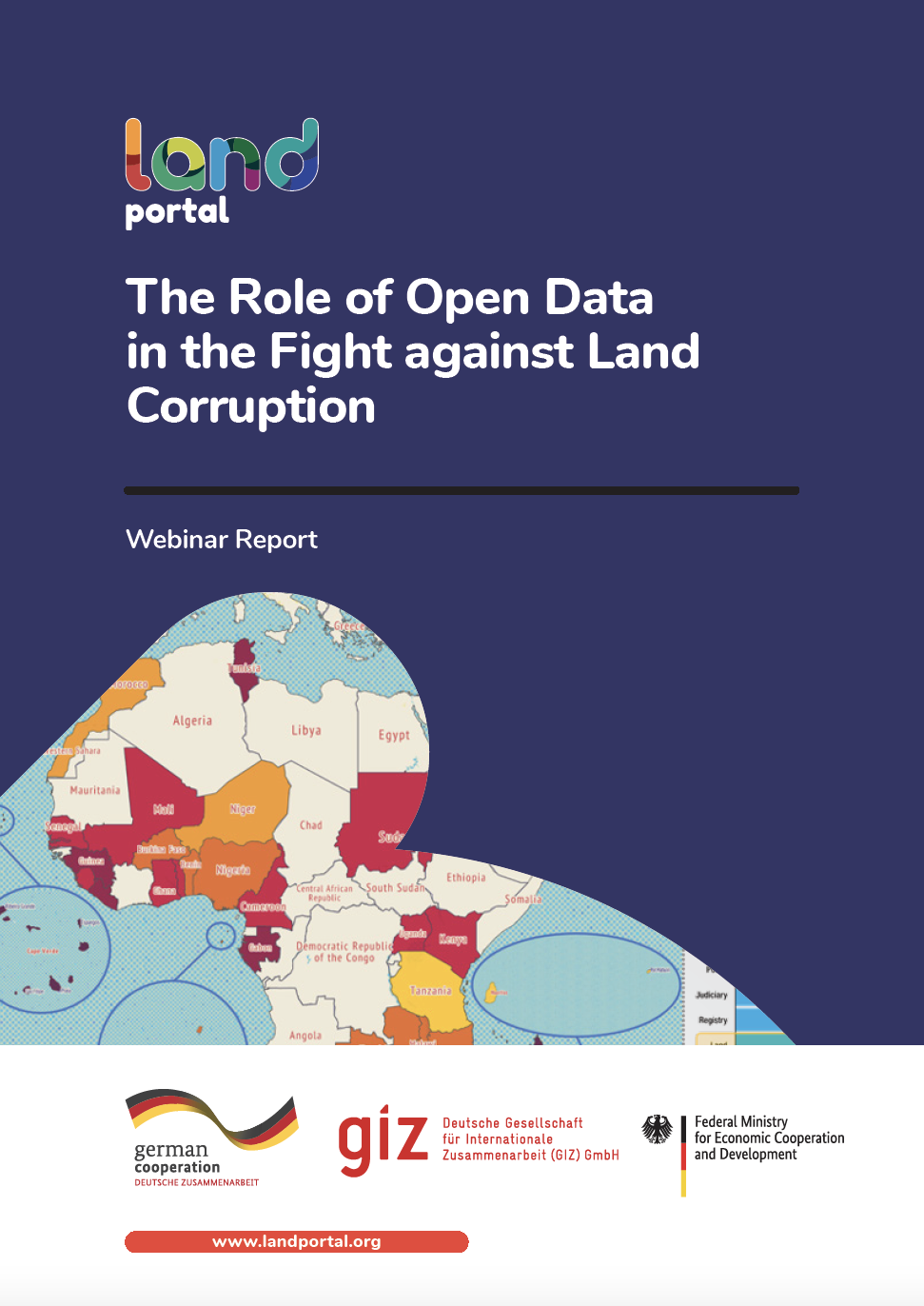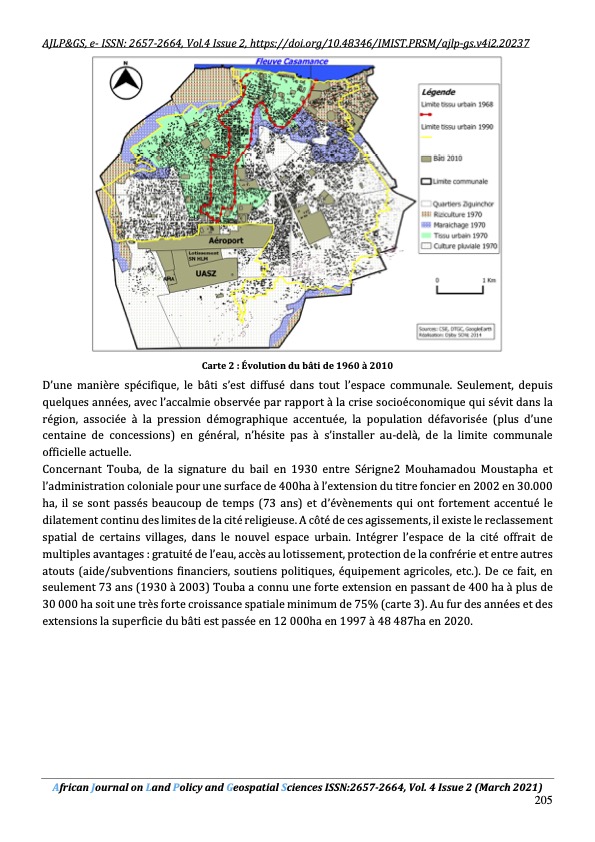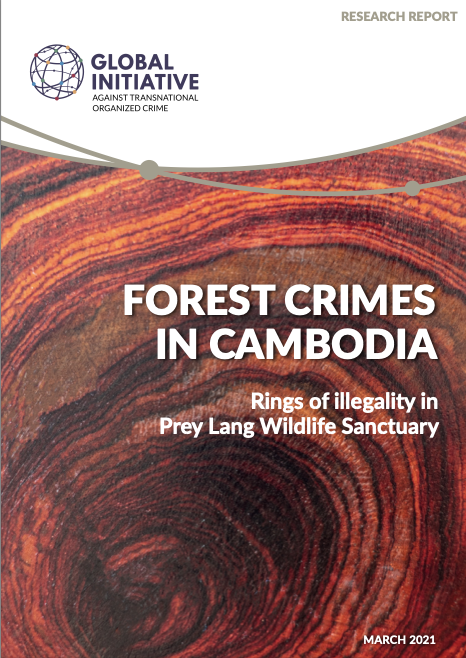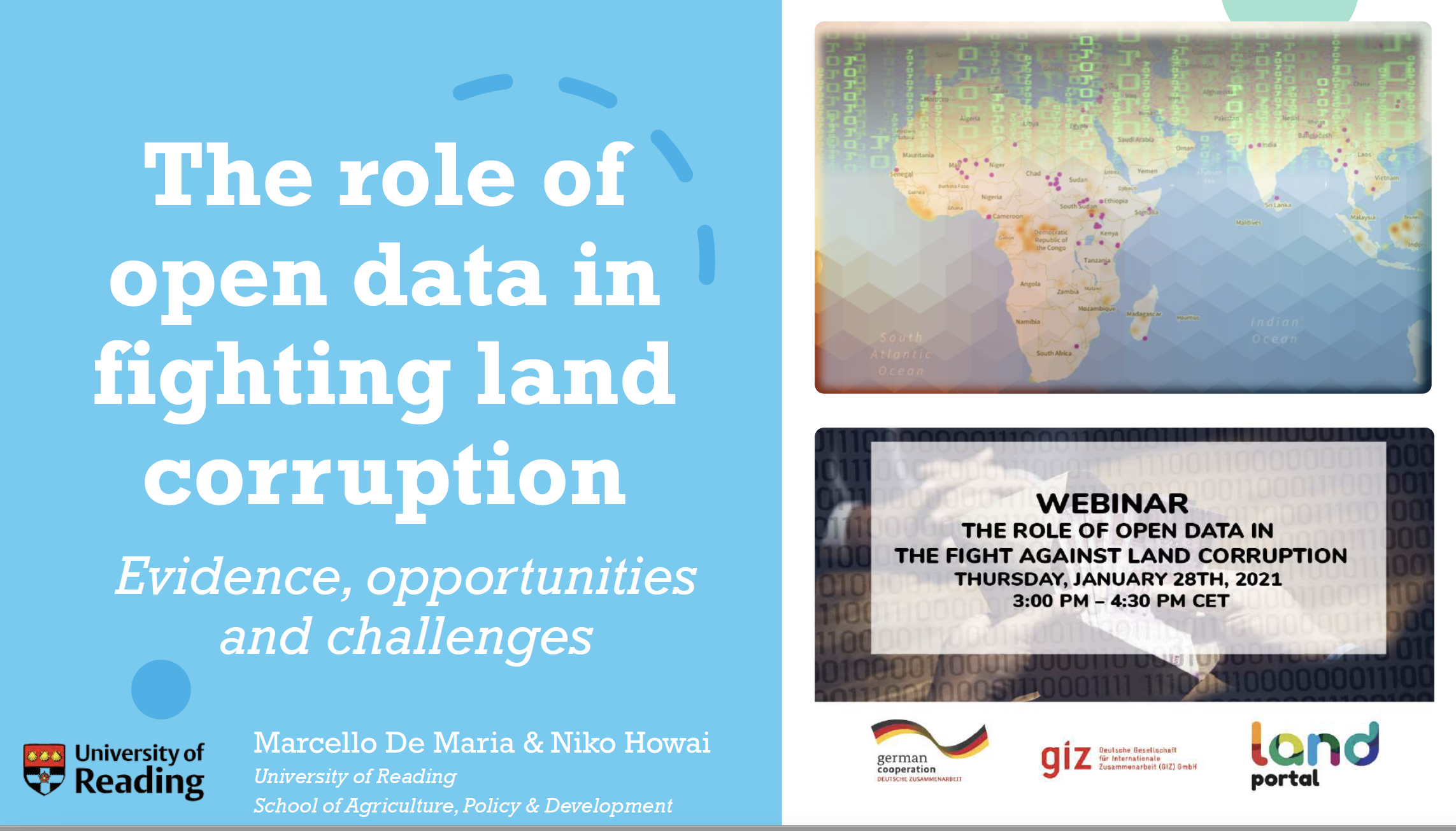Insécurité au Burkina Faso – au-delà des minerais de conflit
L’hypothèse selon laquelle l’escalade de la violence au Burkina Faso est causée par l’augmentation concomitante de l’exploitation aurifère a, dans certains cas, conduit les autorités à fermer des mines. Nous soutenons que l’escalade de la violence doit plutôt être considérée comme le résultat de tendances de longue date telles que le désengagement de l’État, la dépendance économique croissante à l’or et la privatisation progressive de la sécurité.




